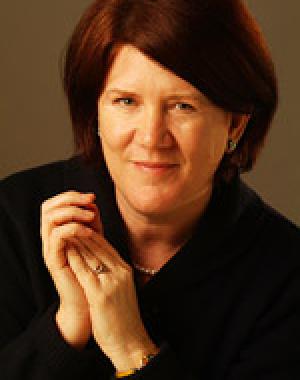The idea that “cultural capital,” in the sense of cultivated dispositions of mind and body, might play a role in catechesis is often resisted from two extreme positions. First, there are those who argue that faith formation is merely propositional. We simply need to teach people the Catechism. This we might call the opposition from the right. Second, there are those who instinctively tie the concept of “cultural capital” to the class-war and are aggressively hostile to the idea that some cultures and what we call “cultural formation” might be superior to others. This we might call the opposition from the left. It is often found in liberation theology circles where, for example, knowledge of more than one language or an ability to play a musical instrument, is associated with having had a bourgeois education.
In my first book Culture and the Thomist Tradition,[i] I was critical of the opposition from the right and did not really address the opposition from the left because I thought that battle had been won by Josef Ratzinger in the 1980s. The central principle of my book, which might be called a synthesis of the philosophy of Alasdair MacIntyre with the theology of Josef Ratzinger, is that if you want to catechize people, you need to give them an experience of a fully functional Catholic culture and not merely present them with doctrinal propositions (though these are important and have their place) and certainly not try to market the Catholic faith to them by transposing it into the idioms and practices of contemporary popular culture. Ratzinger described the latter practice, which was hugely popular in the 1960s and 70s and has been making a come-back among liberation theologians, as treating the Church as if it were a haberdashery shop with its windows needing to be re-dressed and decorated with each passing fashion season. What MacIntyre and Ratzinger have both argued, in different ways, is that the ethos of Christian institutions needs to be governed by practices that embody a Christian logic or meaning. If you feed people doctrine but the whole realm of praxis is running on a different logic (for example, a utilitarian logic or an economic rationalist logic), then the Holy Spirit can’t breathe, grace is suffocated, because there is a logical disjunction between the theory and the practice. God created us in such a way that even a five-year-old can sense that something is not quite adding up, even if the five-year-old is unable to explain the problem in terms of the relationship between logos and ethos. In theological language distinctions are often made between the “logos of love” (which is inherently Christian) and the logos of the machine (which is inherently atheistic). So, a preliminary MacIntyrean point is that if you want to catechize people it helps to expose them to a milieu where the set of social practices are running on the logos of love.
The rest of this online article is available for current Guild members.
This article is from The Catechetical Review (Online Edition ISSN 2379-6324) and may be copied for catechetical purposes only. It may not be reprinted in another published work without the permission of The Catechetical Review by contacting [email protected]


















